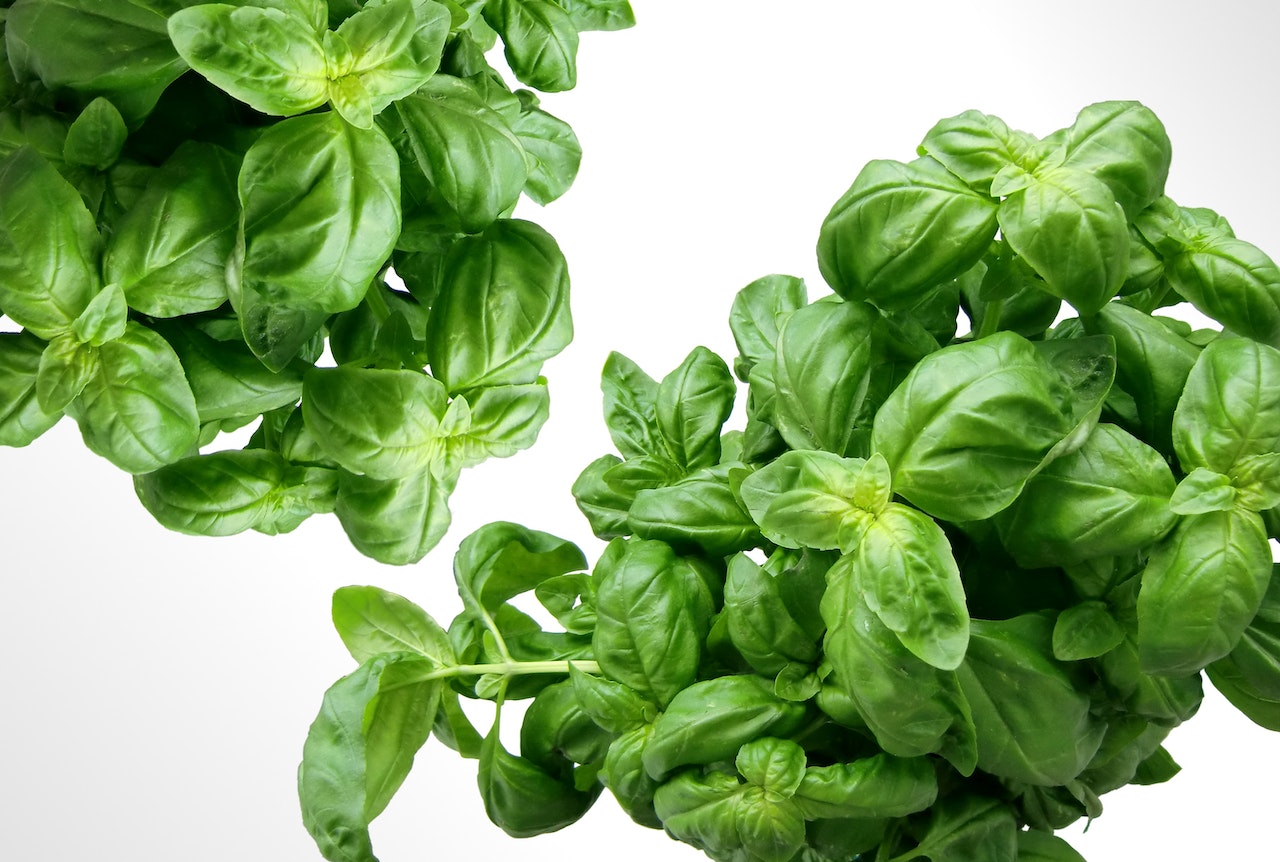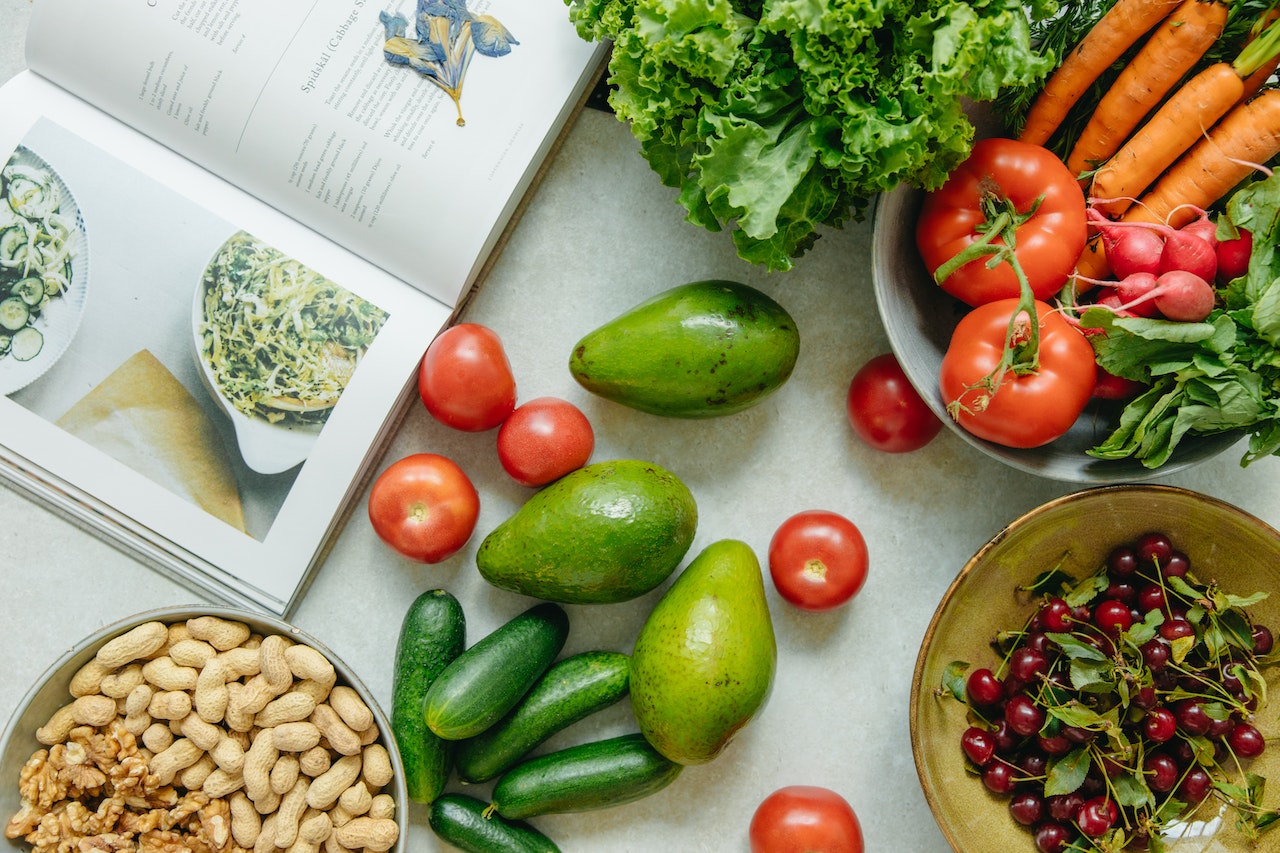B.S. Health & Community Wellness Program Map

Dietetics Track
Through program courses and service-learning experience, candidates are prepared to help people, organizations, and communities change lifestyle behaviors with the goal of moving toward a state of improved health, resulting in decreases of chronic disease and health care costs.
Stats
60
Core Credit Hours
60
Major Credit Hours
0
Elective Credit Hours
- Plan Your Degree
- Crush Your Course
- Find Your Place
- Broaden Your Perspectives
- Connect Off-Campus
- Take Care of Yourself
- Pave Your Path
Plan Your Degree
Disclaimer: This program map is intended ONLY as a guide for students to plan their course of study. It does NOT replace any information in the Undergraduate Catalog, which is the official guide for completing degree requirements.
| Course Name | Credit Hours |
|---|---|
|
C1: ENGL 1101
English Composition I |
3 |
|
M: MATH 1111
College Algebra |
3 |
|
I1: COMM 1110
Public Speaking |
3 |
|
A: XIDS 2100
(Recommended) Arts and Ideas: Special Topics |
3 |
|
S: HIST 1111 OR 1112
World History |
3 |
Milestones:
- Complete ENGL 1101 with C or better
- Complete MATH 1111 with C or better
- Earn 15 or more credit hours
- Maintain GPA 3.0 or better
| Course Name | Credit Hours |
|---|---|
|
C2: ENGL 1102
English Composition II |
3 |
|
F: MATH 1112
Trigonometry |
3 |
|
S: SOCI 1101
Introductory Sociology |
3 |
| I2: CS 1000
Practical Computing |
1 |
|
A: Humanities |
3 |
Milestones:
- Complete ENGL 1102 with C or better
- Earn 13 or more credit hours
- Maintain GPA 3.0 or better
15 Fall Credit Hours + 13 Spring Credit Hours = 28 Credit Hours
| Course Name | Credit Hours |
|---|---|
|
F: CMWL 2100
Intro to Health & Community Wellness |
2 |
|
F: PHED 2628
First Aid & CPR for Ed majors |
1 |
|
T1: CHEM 1211 + Lab
Principles of Chemistry I |
4 |
|
P: POLS 1101
American Government |
3 |
|
P: Citizenship |
3 |
Milestones:
- Complete Lab Sciences with C or better
- Complete Field of Study Related Courses* with C or better
- Earn 13 of more credit hours
- Maintain GPA 3.0 or better
| Course Name | Credit Hours |
|---|---|
|
F: PHED 2000
Fitness & Wellness |
3 |
|
T3: MATH 1401
Elementary Statistics |
3 |
|
CMWL 3210
Principles of Nutrition |
3 |
|
T2: CHEM 1212 + Lab
Principles of Chemistry II |
4 |
| CMWL 3401 Tech in Hlth & Comm Wellness |
3 |
Milestones:
- Complete Lab Sciences with C or better
- Complete Field of Study Related Courses* with C or better
- Earn 16 of more credit hours
- Maintain GPA 3.0 or better
13 Fall Credit Hours + 16 Spring Credit Hours = 29 Credit Hours
| Course Name | Credit Hours |
|---|---|
|
CHEM 2411 + Lab
Organic Chemistry I |
4 |
|
CMWL 2200
Social Determinants |
3 |
|
CMWL 4103
Applied Research Methods in Health & Community Wellness |
3 |
|
CMWL 3101
Mental and Emotional Wellness |
3 |
|
HIST 4580, NUTR 4100, OR NUTR 4300
US Foodways, Nutrition Education and Counseling Strategies, or Cultural Aspects of Food and Nutrition |
3 |
Milestones:
- Complete Lab Sciences with C or better
- Complete all other courses with C or better
- Maintain 3.0 or higher GPA
| Course Name | Credit Hours |
|---|---|
|
CMWL 3220
Health Promotion, Ed, and Program Eval |
3 |
|
CMWL 3102
Psychology of Health and Wellness |
3 |
|
F: BIOL 2251 + Lab
Human Anatomy and Physiology I |
4 |
|
CMWL 3100
Lifespan Development |
3 |
|
NUTR 3100
Lifecycle Nutrition |
3 |
Milestones:
- Complete Lab Sciences with C or better
- Complete all other courses with C or better
- Maintain 3.0 or higher GPA
- Receiving an A in NUTR 3100 may count towards graduate credit at Georgia State University
| Course Name | Credit Hours |
|---|---|
|
BIOL 2252 + Lab
Human Anatomy and Physiology II |
4 |
Milestones:
- Complete Lab Sciences with C or better
- Maintain 3.0 or higher GPA
16 Fall Credit Hours + 16 Spring Credit Hours + 4 Summer Credit Hours = 36 Credit Hours
| Course Name | Credit Hours |
|---|---|
|
CMWL 3240
Current Issues & Trends in Fitness and Wellness Leadership |
3 |
|
CMWL 3110
Program Evaluation in Community Settings |
3 |
|
CMWL 4100
Wellness Coaching |
3 |
|
PHED 4603
Advanced Concepts of Personal Training |
3 |
|
HIST 4580, NUTR 4100, OR NUTR 4300
US Foodways, Nutrition Education and Counseling Strategies, or Cultural Aspects of Food and Nutrition |
3 |
Milestones:
- Complete all courses with C or better
- Maintain 3.0 or higher GPA
| Course Name | Credit Hours |
|---|---|
|
CMWL 3300
Medical Terminology |
3 |
|
CMWL 4101
Worksite Wellness Programs |
3 |
|
CMWL 4102
Service Learning in Health & C. Wellness |
3 |
|
CMWL 4000
Exercise and Wellness Programming for Special Populations |
3 |
Milestones:
- Maintain 3.0 or higher GPA
- Complete CMWL exit content exam and survey for graduation
15 Fall Credit Hours + 12 Spring Credit Hours = 27 Credit Hours
Crush Your Course
First Year:
- Complete ENGL 1101 and 1102, Math courses, and Lab Sciences with a C or better.
- For the best opportunity for admission into a graduate program, complete Lab Sciences and Math courses with a B or better.
Middle Years:
- Pass CMWL 2100 with a C or better before beginning CMWL major courses.
- Receiving an A in NUTR 3100 may count towards graduate credit at Georgia State University.
Last Year:
- Complete Service-Learning nutrition centered project.
- Complete CMWL exit content exam for graduation.
Find Your Place
First Year:
- Volunteer with a campus or community health and wellness organization.
- Join a health and wellness student organization or professional organization.
Middle Years:
- Volunteer with a community health organization in a nutrition role.
- Take a leadership role in a health and wellness organization.
- Research Academy of Nutrition and Dietetics.
Last Year:
- Obtain a student membership with the Academy of Nutrition and Dietetics.
- Attend and network at the Georgia Academy of Nutrition and Dietetics conference as a student member.
Broaden Your Perspectives
First Year:
- Check out the education abroad office.
Middle Years:
- Consider a study abroad program. Check out students’ stories of their experiences.
Last Year:
- Assess your cultural competency.
- Consider working abroad and research visa regulations.
- Explore practices of creating more inclusive careers.
Connect Off-Campus
First Year:
- Visit Wolves Vote to learn about the voting process and registration.
- Consider volunteering for a campaign or organization in your community.
Middle Years:
- Complete an internship in your field.
- Consider a summer or part-time job.
- Ask your department about networking opportunities with alumni.
Last Year:
- Ask for advice from professionals in your field of interest.
- Explore career shadowing opportunities.
Take Care of Yourself
First Year:
- Visit Health Services.
- Get fit! Visit URec to see all your options.
- Visit the Center for Economic Education and Financial Literacy.
Middle Years:
- Take a fitness class, climb the rock wall, or join an intramural team.
- Consider whether counseling is right for you: take a mental health screening.
Last Year:
- Explore a farmer’s market for fresh produce.
- Develop a post-graduation exercise plan.
- Explore your loan repayment options and complete your exit counseling.
Pave Your Path
First Year:
- Complete a self-assessment to see what careers and majors are right for you.
- Visit Career Services.
- Create your profile on Handshake.
- Consider applying for an on-campus job.
Middle Year:
- Draft your resume and attend a resume blitz.
- Learn about how to network on social media and update your Handshake profile.
- Draft your personal statement.
- Visit the graduate school to find out about graduate programs and admission requirements.
Last Year:
- Request references from professors and supervisors.
- Draft your resume cover letter and personal statement and revise it with career services.
- Attend business fairs and career fairs at UWG and across the state.
- Attend an interview workshop.
- Apply for graduate programs.
Careers

Career Opportunities
This degree can help you get work as the following:
HeadingSub-Heading
Have any questions about your major?
Don't forget to check out Wolf Watch to explore degree requirements!
